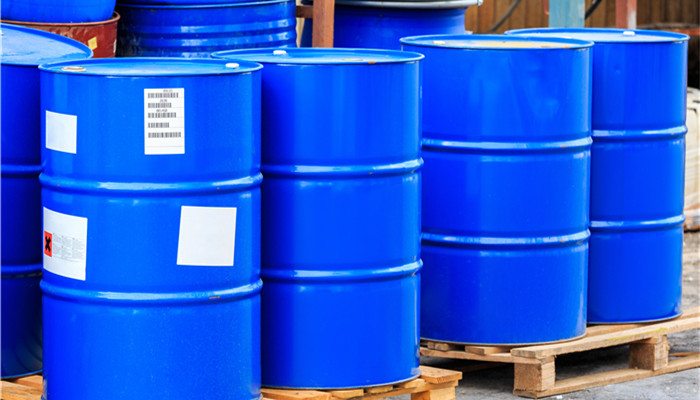
Policy guidance and broad market demand promote the development of the HPPA industry, and the industry development prospects are improving.
The full name of HPPA is R-(+)-2-(4-hydroxyphenoxy)propionic acid, also known as DHPPA. Its chemical formula is C9H10O4, its molecular weight is 182.173, and it is white or off-white crystalline form. HPPA is an intermediate in the production of aryloxyphenoxypropionic acid herbicides, and is mainly used to synthesize herbicides such as clodinafop-propargyl and cyhalofop-ethyl. Aryloxyphenoxypropionic acid herbicides are suitable for controlling grass weeds such as wild oats, wheatgrass, hard grass, wormwood, ryegrass, and candleweed in wheat fields. Its outstanding advantage is that it is also effective against weeds during low temperature periods. It has good control effect and is highly safe for wheat crops.
As a major producer of chemicals and pesticides, China, in order to meet the production demand for herbicides and other chemical products, related companies such as Zhangjiagang Free Trade Zone Gino Chemical Co., Ltd., Suzhou Mairuifeng Biotechnology Co., Ltd., Lianyungang Runze Chemical Co., Ltd., Jinzhou Xihai Chemical Co., Ltd., etc. HPPA production lines have been laid out, and some companies such as Suzhou Mairuifeng Biotechnology Co., Ltd. have taken advantage of raw materials to produce herbicides such as clodinyl clodinyl and clofenac, which has increased the added value of products and is conducive to the integrated development of the industrial chain. In recent years, with the improvement of environmental protection requirements and the implementation of related policies, chemical and pesticide production, as key areas of environmental protection supervision, have received focus from environmental protection departments. Some companies have had to withdraw from production due to non-compliance with pollution emissions and other aspects, allowing the industry to There are fewer enterprises and the market competition environment has been optimized. At present, although there are not many manufacturing companies in China’s HPPA industry, the overall competitiveness has increased. Related companies not only supply and develop the domestic market, but also supply the international market if they have excess production capacity, which promotes the diversification of the HPPA sales market. According to the newly released “2023-2028 China HPPA Market Analysis and Development Prospects Research Report“, in 2022, China’s HPPA industry The output is 2950 tons.
In recent years, my country’s agricultural management departments have attached great importance to the prevention and control of crop diseases and insect pests and the quality and safety of agricultural products, promoted the upgrading of pesticide products, and promoted the use of highly efficient, safe, low-toxicity and low-residue pesticides. The “Action Plan for Zero Growth in Pesticide Use by 2020” requires that by 2020, a resource-saving and environmentally friendly sustainable pest management technology system will be initially established, and the level of scientific pesticide use will be significantly improved; high-efficiency, low-toxicity and low-residue pesticides will replace high-toxicity and high-residue pesticides. Pesticides and large and medium-sized high-efficiency pharmaceuticals and equipment replace small and ineffective pharmaceuticals and equipment. In the “Guidance Catalog for Industrial Structural Adjustment (2019 Edition)”, “the development and production of new varieties, new dosage forms, special intermediates, and auxiliaries of efficient, safe, and environmentally friendly pesticides” is listed as an encouraged project in the petrochemical industry. The release of relevant industry policies has established a good development environment for HPPA companies, which is conducive to production companies increasing independent innovation and improving corporate competitiveness. In addition, Analysts believe that since the development of the pesticide industry requires a strong chemical foundation, the supporting requirements for the upstream petrochemical industry are relatively high. Our country has a complete industrial system, complete supporting infrastructure, and a vast downstream market, which is conducive to domestic HPPA companies’ continuous expansion of production scale and international influence.

 微信扫一扫打赏
微信扫一扫打赏

